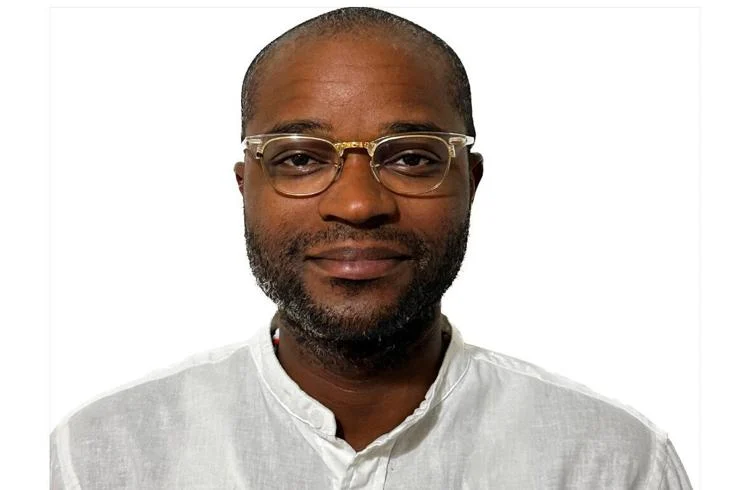Dear Editor:
I am an ardent believer that government policies and initiatives should be geared toward inspiring and building wealth in communities.
That said, it is imperative that we continue to address the inherent issues plaguing our local pension system.
First, kudos to our elected leaders who were able to stave off the impending insolvency of our local pension system. Although I consider the mechanism to be a collateralized debt obligation being used to pay off a different debt, I commend them for working together to avoid the GERS from emergent insolvency. However, the job is not over.
The special purpose entity that was created to provide funding to the GERS does not address why GERS found itself needing funding. We need to come up with a plan to avoid a future threat of insolvency.
Based on the current state of our pension system, the benefits that would be due to me in retirement, assuming I become a vested member, are not firm. As it stands, our local pension system does not inspire long-term public service with the government of the Virgin Islands, and it most certainly does not inspire young Virgin Islanders to return home to explore a public service career.

I propose we transition from a defined benefit plan system to a defined contribution plan system.
This transition would benefit GERS, the central government, and families. With a defined contribution plan, employees would be able to invest their contributed income, track its performance in the markets toward their desired age of retirement, enjoy tax-advantaged distributions or contributions, and — this is the most important part — pass the wealth generated from their investments down to their beneficiaries.
Currently, children of retirees cannot inherit their parent’s pension benefits. Under a defined contribution plan, however, descendants, spouses, or other beneficiaries would be able to inherit potentially six-figure and seven-figure accounts based on their parents’ contributions and the growth of those investments. The new ability to pass down wealth is the most impactful aspect of this proposal.
Concerning the benefits to the government, instead of the current 23.5% employer contribution match from the GVI to GERS, the government can match up to 10% of employees’ contributions.
Personally, I’d prefer the match to be 100% vested at the start of employment, but vesting can occur at a later date or even be tiered with the passage of time in government service.
With a transition like this, and the continued funding from the matching fund note, the government could enjoy significant savings that don’t involve incurring debt. Also, the realized savings could be used to supplement funding of current pension liabilities.
The new GERS administrator described the pension system as the people’s bank. I posit that the people would prefer if the pension system functioned as an investment bank as opposed to a commercial one. Instead of offering loans, most of which erode wealth-building potential, the pension system can offer safe financial securities in a variety of retirement accounts (i.e., 403b and Roth 403b) in which employees can invest.
GERS and the government would need to explore the best way to do this, but I suggest the easiest route of it investing contributions in target date exchange traded funds. This way, GERS wouldn’t need to expend time and resources figuring out what types of investments to purchase with contributions. I would prefer not to have my contributions for retirement invested in real estate.
The benefit of this transition to GERS would be transferring the risk of investment performance on to the employee and retiree. The risk of an unfunded liability owed by GERS would no longer exist.
To simplify this transition, a third Tier of employment (Tier 3) can be established. Current employees in Tiers 1 and 2 who’d prefer to transition would be allowed to transition, or decide to stay in their current Tiers. Moving to the newly created Tier 3 should be available until Tier 1 and 2 employees no longer exist. Moving from Tier 3 to a previous Tier should not be offered as a possibility.
The fact that my contributions to GERS are so high, but I don’t get to enjoy the growth potential of the investments, is disheartening and does not inspire long term employment with the government. I am constantly thinking about how much wealthier me and my descendants, would be if I could invest my contributions to GERS and also enjoy the power of compounded market growth — not only as a means of avoiding the risk of sliding in to poverty during retirement, but also as a means of building generational wealth by being able to pass down my retirement benefits.
Virgin Islanders dedicated to public service deserve these forms of opportunities through their employment with our government.
It is widely understood that GERS currently operates as a “pay-as-you-go” system. However, the system was not designed this way, and to continue to operate as such would be an affirmative decision to ignore the problems that currently plague the system. Transitioning to a defined contribution plan needs to be considered and executed sooner than later. The funding note, save for a few years, will cover the annual liabilities of the system. As time goes on, and more employees opt to be Tier 3 employees, the amount of the total liability will decrease.
There shouldn’t be a threat of unfunded years because the matching funds note coupled with the savings from the decrease in employer match should cover current liabilities. I admit that the government and GERS would need to procure actuarial and financial services to explore the details of this route. However, as major and complex a transition it may be, it is a transition that needs to happen.
— Malachi R. Thomas, St. Thomas

